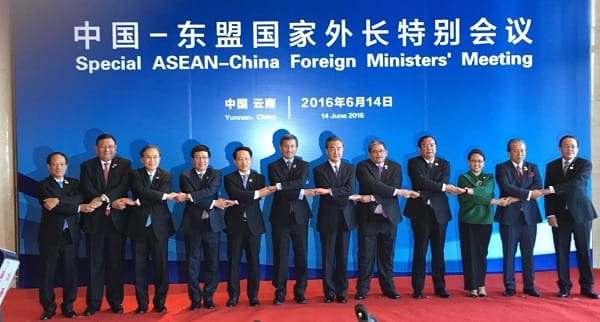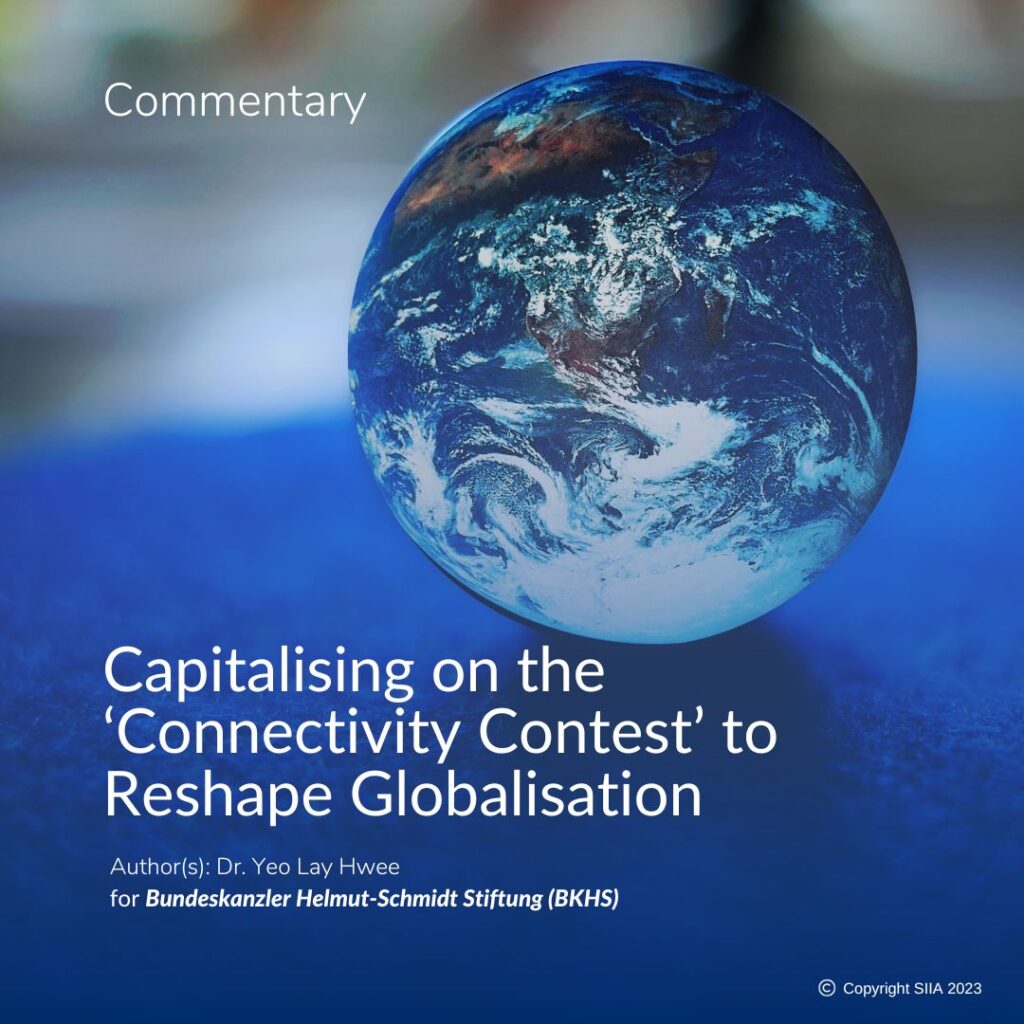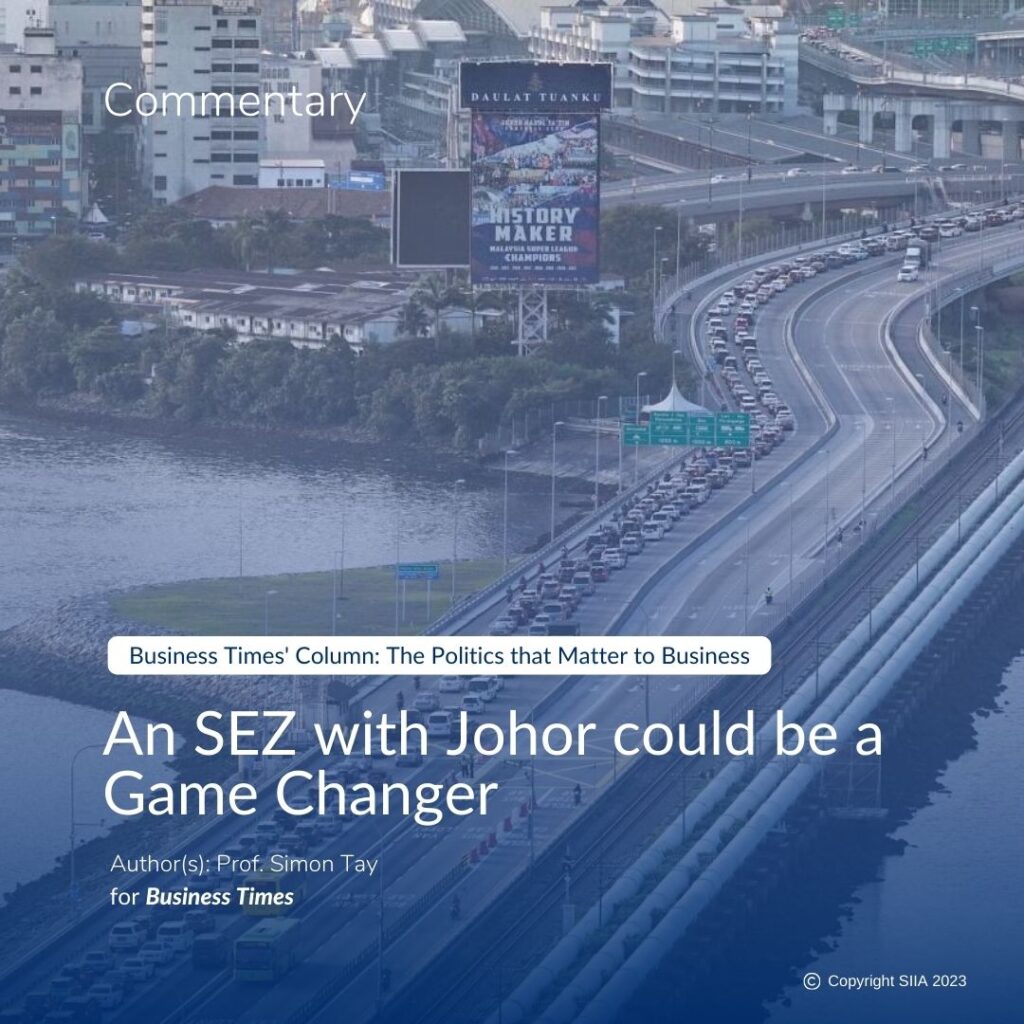Much controversy has followed the recent ASEAN-China meeting in Kunming, where an Association of Southeast Asian Nations ministerial statement was issued and then retracted. The initial statement contained what some saw as strong words about the South China Sea and most media reports suggest two members – Cambodia and Laos – subsequently changed their minds.
Some see this as a low point in ties and a split in Asean under pressure from China. Others suggest that problems arose from bureaucratic confusion. Differing statements will no doubt surface. Cambodian leader Hun Sen, for one, now denies that he was pressed by Beijing.
What must be clear even now, however, is that no one has gained from this – neither China nor any ASEAN member state. What should be considered is whether a similar fracas can be prevented in future.
Let’s begin by seeing this in context. The South China Sea issue has been hot over these past years but sentiment is especially acute now. The Philippines has put aspects of the dispute to the Permanent Court of Arbitration in The Hague and a decision is due shortly.
Beijing has said it will not recognise any decision. Yet, behind that bold declaration, there are signs of nerves. Witness earlier bilateral meetings China held with Laos, Cambodia and Brunei. China’s Ministry of Foreign Affairs reported that each of the three agreed that the South China Sea issue did not concern the group as a whole, and yet none of them verified that position.
Second, there is growing anxiety among ASEAN members. Philippine president-elect Rodrigo Duterte cannot make an immediate volte-face on the pending case, even if he might later be more amenable to cooperation than the current administration. Vietnam has seen a change of leadership as well as a recent and historic visit by US President Barack Obama. Its policy balance will be watched closely, both internally and by external partners.
Non-claimant ASEAN members are anxious for other reasons. To back up President Joko Widodo’s emphasis on maritime issues, Indonesia has clamped down on illegal fishing and arrested a Chinese vessel just days after the meeting. At the broader level, there are concerns that China is undermining the group’s unity.
Third, Beijing perceives that the US is too strong and active on this issue. The US navy continued its “freedom of navigation” patrols in contested waters just days after the ASEAN-China meeting. Moreover, many China experts believe that the US administration is influencing others to tilt against China.
This sees the South China Sea not only as a concern between ASEAN and China but an important part of the emerging “great game” for global influence between the US and China. From this perspective, if ASEAN does not want Chinese Trojan horses then, conversely, let no one be a mini-US.
Against this background, efforts should be made to reframe the ASEAN-China dialogue. Three measures may help.
First, Asean should be flexible, especially in this period of heightened sensitivity, and reconsider the balance between quiet diplomacy and public statement. For China, histrionics should be avoided as the court decision approaches, and in its wake.
Previous statements had wording on the issue that was more or less acceptable to all. Such past wordings should be maintained – even where closed-door discussions become heated due to external circumstances. Additionally, where needed, it should be considered acceptable to issue no statement at all.
Yet if ASEAN does not raise its voice publicly, no one – and especially not Beijing – should mistake this as rolling over on the issue. Public silence may sometimes be the necessary partner to more candid, closed-door dialogue.
Second, ASEAN interests must have their own calculations that include the prospects of deeper connectivity with its neighbour through “One Belt, One Road” and other initiatives of the new Asian Infrastructure Investment Bank. This does not mean shelving the South China Sea issue. But it does mean having a broader context in discussing it. For Beijing, leaders have always expressed support for Asean to play a central role. They too must not place the South China Sea above broader ties.
Third, ASEAN must sort out its internal processes for the issuing of statements. There appears to have been some confusion with the Malaysian government releasing the statement to the media.
The Malaysian foreign minister had originally suggested the ASEAN-China meeting. Yet Laos is the current ASEAN chair and Singapore is the coordinator for dialogue with China. The ASEAN Secretariat also plays a role in making statements available. Some say that each and any ASEAN member is free to release ASEAN statements.
This may generally be useful and practical to help reach audiences in different countries. But in dealing with sensitive issues, it would be prudent to centralise and ensure a tighter process.
Perhaps the public will never know for certain what happened in Kunming. Looking back, ASEAN might have leaned towards giving face to China as the hosts. Going forward, things can be managed with tighter bureaucratic coordination and a more flexible diplomatic approach.
Instances of quiet diplomacy must not, however, be taken to be a permanent gag order. Flexibility may mean at other times a more open discussion. Much depends on the timing and context.
In this regard, the ASEAN Regional Forum coming up next month will have quite different calculations. ASEAN will host not only China and the US but many others and the expectation must be that key issues, including the South China Sea, will be open for discussion from their different perspectives.
The region is experiencing an upsurge in contention among major powers. ASEAN has played a central role in the regional forum, the ASEAN Defence Ministers+8 meeting and the East Asian Summit. Yet it is not entirely up to Asean whether that can continue.
Not only China but also other major powers need to support those regional processes. If each major power is yelling and at the same time deaf to others, without the possibility of exchange or compromise, then the multilateral system will fail, no matter what ASEAN does.
ABOUT THE AUTHOR:
Simon Tay is chairman of the Singapore Institute of International Affairs and associate professor at the National University of Singapore, Faculty of Law. The 9th Asean & Asia Forum will discuss the Asean-China relationship further. This commentary was originally published in the South China Morning Post on 29 June 2016. It also appeared in The Jakarta Post on 1 July 2016. A later version of this commentary also appeared in TODAY on 7 July 2016.
Photo Credit: Special ASEAN-China Foreign Ministers’ Meeting in Kunming, China, 2016, Indonesian Ministry of Foreign Affairs




